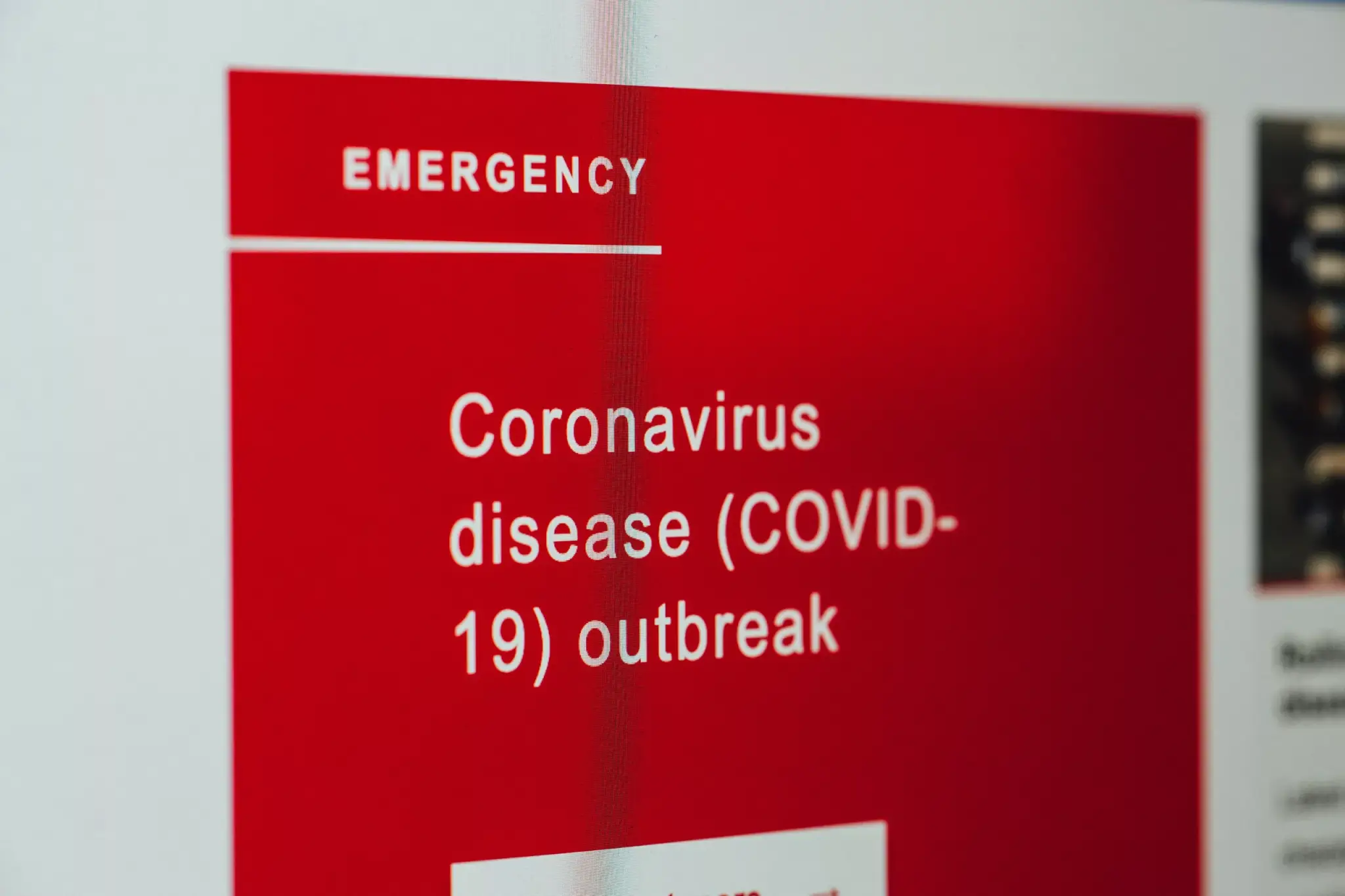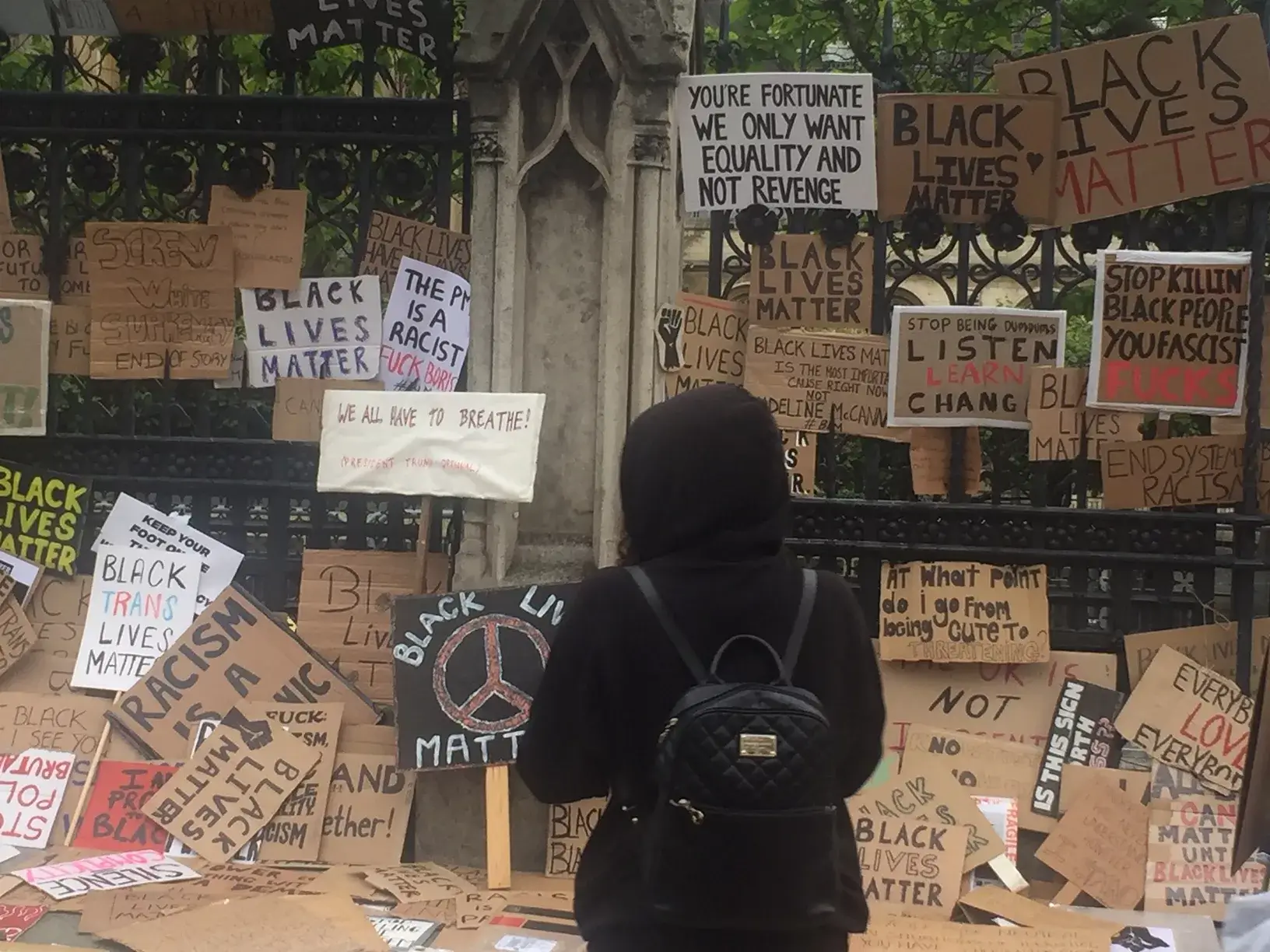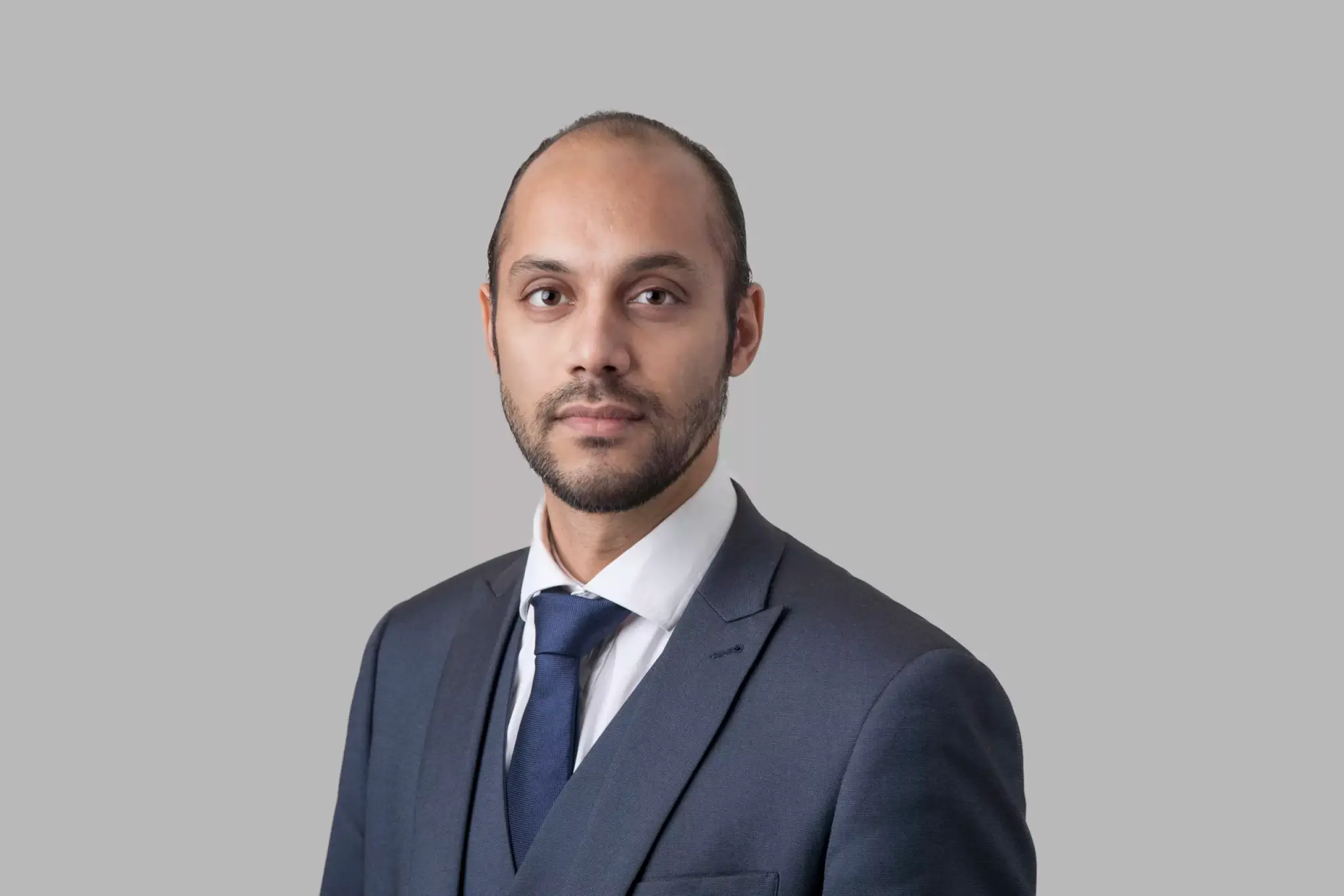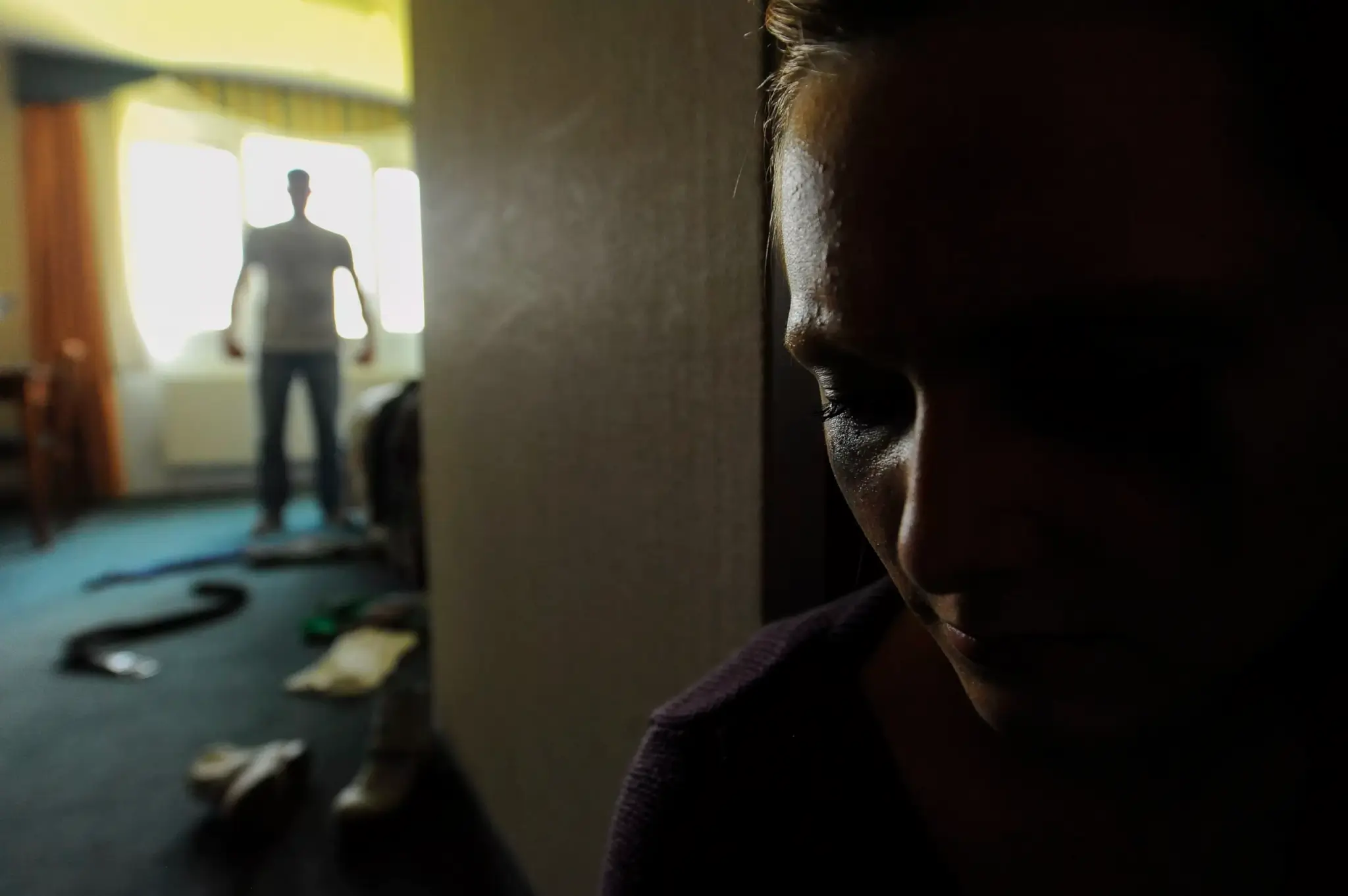
Geeta Koska recently published a blog on the future impact on the protection of children’s welfare of the High Court’s decision in R (W, A Child By His Litigation Friend J) v The Secretary of State for the Home Department & Another [2020] EWHC 1299 (Admin). The blog was published in ‘Children and Young People Now’.
The No Recourse to Public Funds (NRPF) condition is imposed on almost all migrants and excludes access to mainstreamwelfare benefits, including those designed to protect children, such as child benefit; it also excludes children from support that is tied to such benefits, including free school meals.It is estimated that approximately 674,000 undocumented people in the UK, including 106,000 UK born children, are subject to the NRPF regime in the UK. The NRPF policy has severe consequences for many migrant families, and it has been widely criticised for disproportionately impacting single mothers and children from minority ethnic backgrounds.
In W, the High Court held that the NRPF regime lacked sufficient clarity to protect people from the risk of inhuman and degrading treatment flowing from destitution, which is prohibited under Article 3 of the European Convention on Human Rights and the common law principle of the “law of humanity”. In the judgment, the Court affirmed the state’s positive obligations to pre-empt the risk of destitution – a duty that is owed to everyone regardless of their immigration status.
The Court also cited R v Secretary of State for the Home Department ex p. Simms [2000] 2 AC 115, and the principle known as the “principle of legality”, which means:
“Parliament must squarely confront what it is doing and accept the political cost. Fundamental rights cannot be overridden by general or ambiguous words. This is because there is too great a risk that the full implications of their unqualified meaning may have passed unnoticed in the democratic process.” [13]
This is a crucial reminder that where rights are limited or curtailed, politicians must confront the political consequences that will follow. Fundamental rights can only be excluded by express language, and laws, policies and practices that limit the practical scope of those rights will be unlawful.
As a result of the ruling in W, the Home Office guidance has been amended to state that:
“In all cases where an applicant has been granted leave, or is seeking leave, under the family or private life routes, the NRPF condition must be lifted or not imposed if an applicant is destitute or is at risk of imminent destitution without recourse to public funds”.
Although this is of course a welcome development, the policy only applies to those who are applying for, or who already have, leave to remain on family or private life grounds: it does nothing to assist the very many others subject to an NRPF condition who are seeing a significant decline in their income during the current public health crisis. Despite the High Court’s recognition that the risk of destitution amounts to a breach of Article 3 and the law of humanity, very many migrant families remain subject to a NRPF condition and hence in danger of destitution, exploitation and abuse.
Project 17 is a pioneering frontline organisation that works to end destitution among migrant children, which acted as intervener in W. The organisation fights to get support for NRPF families undersection 17 of the Children Act 1989, which confers upon local authorities a duty to safeguard and promote the welfare of children within their area who are in need; 1MCB member Gwawr Thomas is one of its founding trustees. The Home Office has frequently used the existence of the section 17 ‘safety net’ to defend its NRPF policy. However, the significant cuts to local authorities’ budgets over the last decade mean that section 17 support is very difficult to access: six in ten families who approach their local council are turned down, and those who do manage to access support are provided with exceptionally low levels of support – often well below asylum support rates which is the minimum that the Home Office recognises as being required to avoid a breach of the European Convention on Human Rights. Project 17’s report, ‘Not seen, not heard: Children’s experiences in the hostile environment’ explores the pernicious effect on children’s welfare of the Home Office’s policy of shifting the burden of supporting children living in NRPF families onto cash-strapped local authorities.
We join Project 17 in calling for the abolition of the NRPF regime for all migrants. Project 17’s recent submission to the All-Parliamentary Group on No Recourse to Public Funds details the particularly pernicious and potentially lethal impact of Covid-19 for migrants subject to the NRPF condition as they are at high risk of homelessness and engaged in precarious work. Project 17’s submission also highlights how the obstacles to benefits and support particularly impact migrant women who experience sexual and domestic abuse.
The judgment in W is an important and welcome first step, and it is hoped that it will inspire lawyers to make creative use of the concept of a pre-emptive ‘duty of humanity’ in promoting access to other socio-economic rights: if the economic effects of lockdown are as dire as many experts are predicting, we will need to deploy every tool in our arsenal to fight for the rights of our most vulnerable clients.














